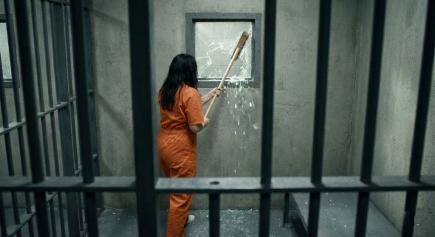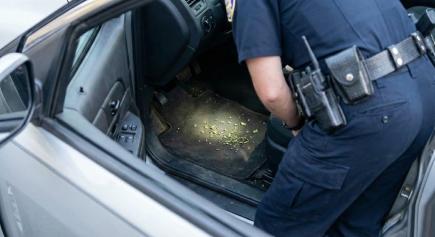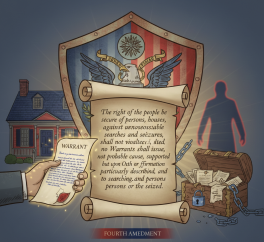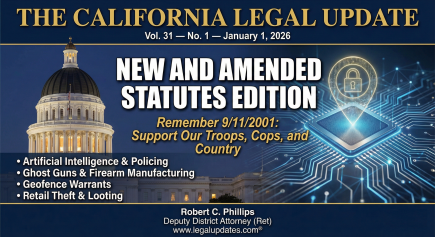

- Ref # CAB00012
- November 22, 2020
Forced Self-Quarantining...
“So (you might ask); does a state have the legal authority to impose self-quarantining and other mandatory exposure-reducing requirements (e.g., “social distancing,” staying home, wearing face masks, etc.) as a means of combating the COVID-19 coronavirus ” The simple answer appears to be “yes,” at least according to an ancient, 115-year-old, never overruled, U.S. Supreme Court decision. In Jacobson v. Massachusetts (1905) 197 U.S. 11, it was decided that absent evidence that a particular person’s health might be jeopardized, a state, under its so-called “police power,” can, in the face of an epidemic, enforce on its populace a mandatory vaccination program without violating the U.S. Constitution’s Fourteenth Amendment’s due process clause. In Jacobson, the issue was a state law mandating small pox vaccinations for everyone, absent proof, on a case-by-case basis, that compliance might jeopardize a particular person’s health. Per the Court: “The authority of the State to enact this (mandatory vaccination) statute is to be referred to what is commonly called the police power.” . . . “(T)he police power of a State must be held to embrace, at least, such reasonable regulations established directly by legislative enactment as will protect the public health and the public safety.” (pp. 24-25.) So “yes,” given the current COVID-19 coronavirus “pandemic,” a state has the power to enforce ....
© 2026 Legal Updates, LLC.
This content is protected by copyright law. Republishing or redistribution in any form without written permission is strictly prohibited. For licensing or reprint requests, contact support@legalupdates.com.



![Warrantless Searches: Do You Know the Difference between ‘Community Caretaking’ and ‘Render[ing] Emergency Assistance?’](/sites/default/files/styles/435_x_242/public/2026-01/GAImage-rb5oktrb5oktrb5o-01242026.png)



